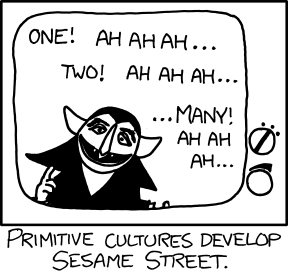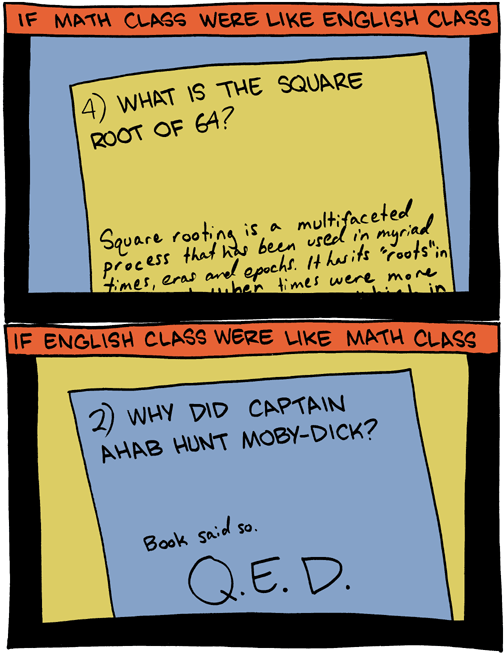Boroditsky on Whorfian navigation and blame
Several readers have sent me links to Lera Boroditsky's recent article in the Wall Street Journal, "Lost in Translation" (7/24/2010). We've mentioned Prof. Boroditsky's work on LL several times, starting back in 2003, and so long-time readers won't be surprised to learn that I think this is an interesting popularization of solid work. However, most LL readers will also know that there is probably no single linguistic idea that is more prone to exaggeration and mis-application than the "Sapir-Whorf hypothesis" about the relations between language and thought. And the WSJ editors' subhed for Boroditsky's article gives their readers a push down that road:
New cognitive research suggests that language profoundly influences the way people see the world; a different sense of blame in Japanese and Spanish.
Read the rest of this entry »

